With two BAFTA Awards and six Oscar nominations, including Best Picture and Best Actor, Darkest Hour is showing in the cinema until 8 March. Reviewed by Nigel Watson.
Hitler’s war machine is blasting its way to the French coast sending both French and British armies into full retreat, and the British government is in turmoil.
In Parliament there is no confidence in Neville Chamberlain’s (Ronald Pickup) ability to run a wartime coalition party, but the only alternatives for a new Prime Minister are either Lord Halifax (Stephen Dillane), who is even more keen on appeasement, or Winston Churchill who is deemed unpredictable and eccentric. Churchill’s support of the Dardanelles Campaign in the First World War – which resulted in heavy losses – still haunts his reputation. Yet, he still firmly believes it might have saved millions of lives.
From the very opening of the film, we are introduced to Churchill through the eyes of newly recruited Elizabeth Layton (Lily James), who is dispatched to the politician’s bedroom where he then dictates messages to her over his neglected full English (of course) breakfast. Not impressed with Elizabeth’s typing skills, Churchill quickly dismisses her. This cantankerous behaviour annoys his wife, Clementine (Kristin Scott Thomas), who says he should show more compassion to other people.
Despite the momentous events it depicts, the film does have several flashes of humour – look out for the boys wearing Hitler masks! Churchill says – with a glint in his eye – ‘stop interrupting me when I’m interrupting you’ at an important meeting, and has a good laugh when he is told that his backwards two-fingered V sign means ‘up your bum.’
No one is very convinced that Winston Churchill is an appropriate Prime Minister for this time of crisis. Even the King (Ben Mendelsohn) would prefer Lord Halifax in this position and Churchill seriously begins to question whether he should be more sympathetic towards Hitler and allow him to rule over Europe without any further loss of life for any nation.
What does give Churchill a firm mandate to carry on fighting is the attitude of the British people. He is told he is out of touch with the public, so in an amusing scene, he ducks out of his chauffeur driven car and goes on the Underground for the very first time. In this manner he learns that everyone, including children, say they will never surrender. That’s good enough for Churchill!
The role of women is mainly subservient, reflecting the attitudes of that time, but Churchill does warm to Elizabeth. He even takes her into the ‘men only’ war room, to explain the severity of the situation in France. Later, It is brought home to him that he is not just dealing with places on a map, when Elizabeth confides that her brother has died falling back to Dunkirk.
Much has been made of the prosthetics needed to make Gary Oldman look like Churchill, but what really carries this film, to its triumphant conclusion in the jaws of defeat, is the actor’s convincing portrayal of the great statesman as a multifaceted character who is rude, eccentric, mumbling with despair right though to his to his vibrant speeches that inspire and stir the hearts of all of Britain and its vast Empire.
Joe Wright’s direction often provides a soaring God-like aerial view of the action. One such memorable moment is when Churchill is sitting alone on a rooftop overlooking London, making us feel like time travellers glimpsing history in the making.
It might be flawed and historically incorrect at times but, the ‘Darkest Hour’ powerfully illustrates how Churchill, with his verbal skills and love of our nation, saved us from becoming a feeble, slave state of Hitler’s Fascist Germany.
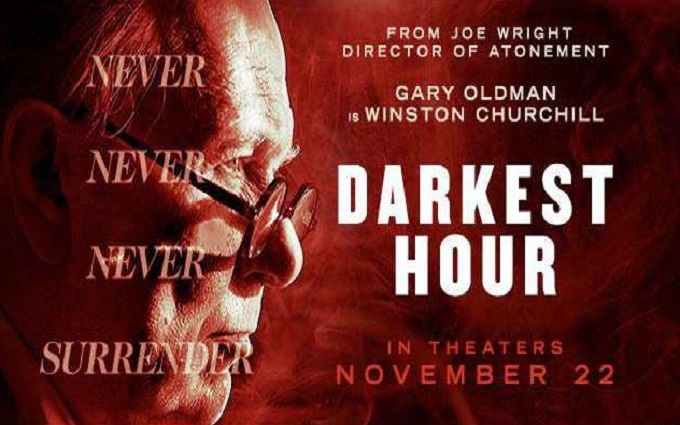



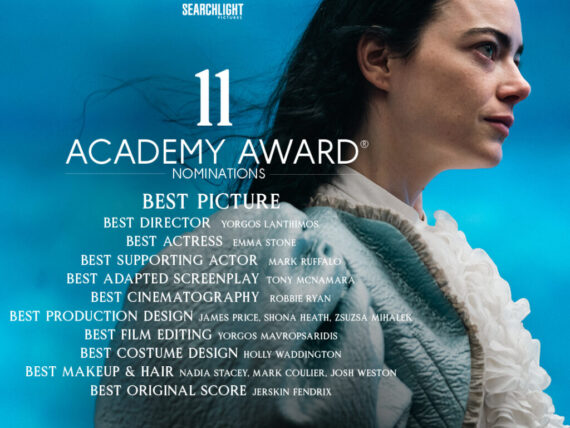
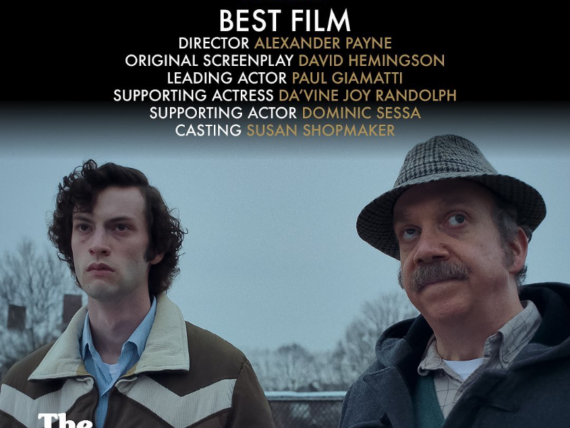
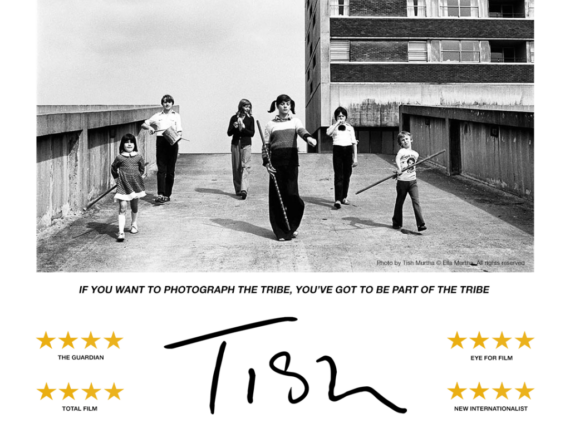

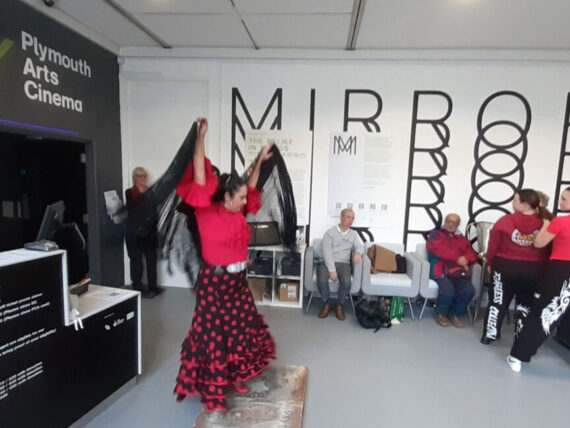
Comments
Comments are closed.